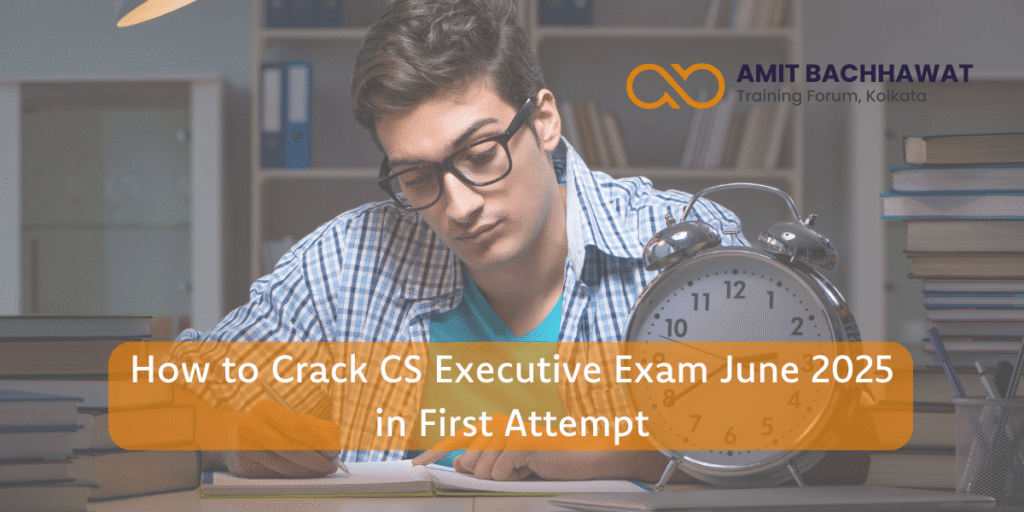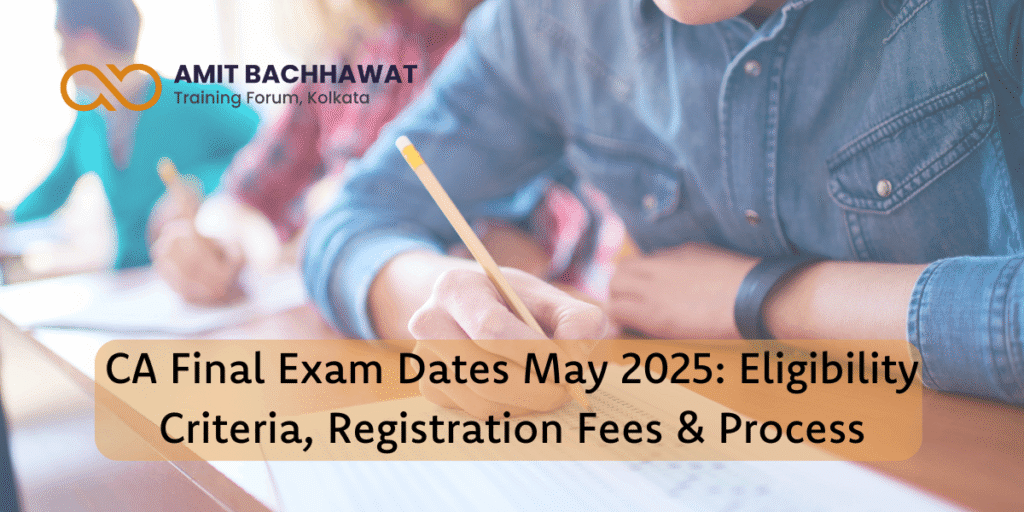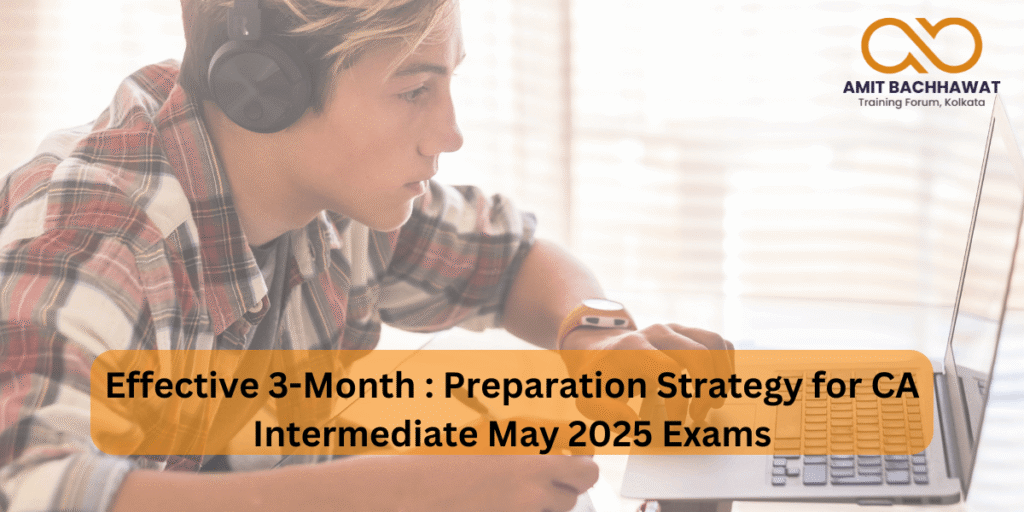08
Apr
Common Mistakes Students Make While Preparing for CA Foundation Exams
Embarking on the Chartered Accountancy (CA) journey is an exciting step filled with ambition and determination. The CA Foundation is yo...













